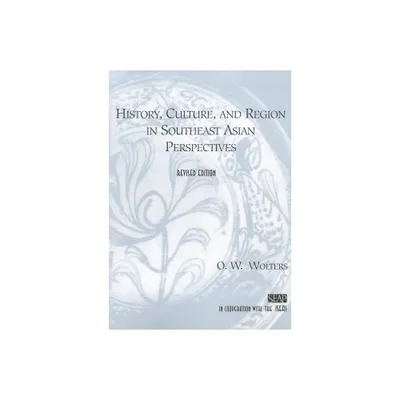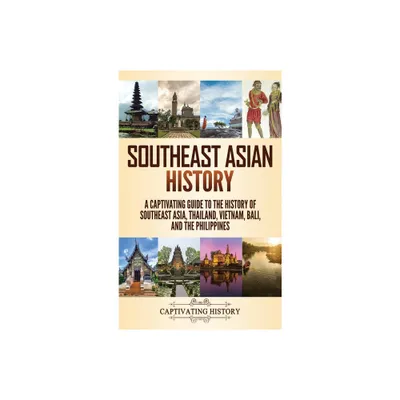Home
the Space of Transnational: Feminisms and Ummah African Southeast Asian Writing
Loading Inventory...
Barnes and Noble
the Space of Transnational: Feminisms and Ummah African Southeast Asian Writing
Current price: $99.00


Barnes and Noble
the Space of Transnational: Feminisms and Ummah African Southeast Asian Writing
Current price: $99.00
Loading Inventory...
Size: Hardcover
*Product Information may vary - to confirm product availability, pricing, and additional information please contact Barnes and Noble
This book examines Muslim women's creative strategies of deploying religious concepts such as
ummah
, or community, to solve problems of domestic and communal violence, polygamous abuse, sterility, and heteronormativity. By closely reading and examining examples of ummah-building strategies in interfaith dialogues, exchanges, and encounters between Muslim and non-Muslim women in a selection of African and Southeast Asian fictions and essays, this book highlights women's assertive activisms to redefine transnationalism, understood as relationships across national boundaries, as transgeography.
Ummah
-building strategies shift the space of, or respatialize, transnational relationships, focusing on connections between communities, groups, and affiliations within the same nation. Such a respatialization also enables a more equitable and inclusive remediation of the citizenship of gendered and religious citizens to the nation-state and the transnational sphere of relationships.
ummah
, or community, to solve problems of domestic and communal violence, polygamous abuse, sterility, and heteronormativity. By closely reading and examining examples of ummah-building strategies in interfaith dialogues, exchanges, and encounters between Muslim and non-Muslim women in a selection of African and Southeast Asian fictions and essays, this book highlights women's assertive activisms to redefine transnationalism, understood as relationships across national boundaries, as transgeography.
Ummah
-building strategies shift the space of, or respatialize, transnational relationships, focusing on connections between communities, groups, and affiliations within the same nation. Such a respatialization also enables a more equitable and inclusive remediation of the citizenship of gendered and religious citizens to the nation-state and the transnational sphere of relationships.

















